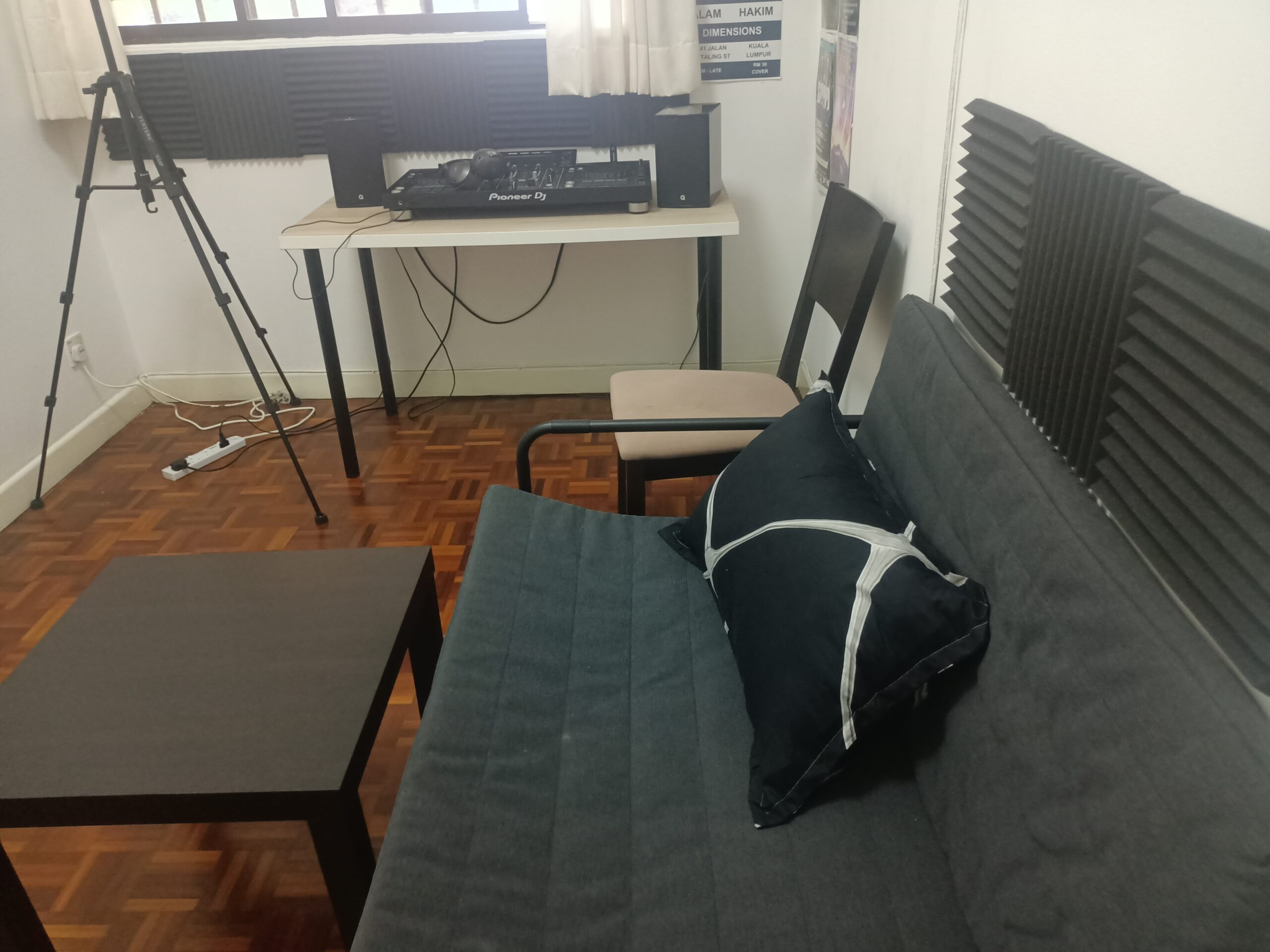With a population of over 37 million – making it the most densely populated urban area in the world – perhaps it is no surprise that many residents of Tokyo, Japan, are pining for a soundproof apartment.
On this site, we usually provide soundproofing advice and recommend quiet devices. But occasionally, a story relating to soundproofing in the mainstream media catches our attention – and we’d like to tell you about it.
The spike in demand for soundproof units in Tokyo, as reported on the Nikkei Asia platform, keeps climbing, as real estate developers capitalize on the growing market for dwellings built with noise reduction in mind.
Soundproof apartments mean residents can make as much noise as they want without annoying neighbors. Real estate developers can charge more for a soundproof unit; as much as 30% more, according to the article. So this seems like a win-win for both sides of the property market.
Who is suited to a soundproof apartment?
This trend is apparently rooted in two different elements. Firstly, there was the lockdown during the COVID-19 pandemic. We were all spending more time indoors, and there was a greater potential for neighborly disturbances through the walls or ceilings of apartment blocks. More people were working from home. After the pandemic, the freedom to work from home has remained in place for many professionals. In order to concentrate, we need a peaceful environment.
But there is also a creative aspect to this fad. Musicians are high up on the list of people who want soundproof apartments. ‘Musisions’, as they are known in Japanese, is the name for a soundproof condo. They are popular with players of all kinds of instruments, and the soundproof units allow them to practice to their heart’s content, or even offer lessons, without causing disputes.
There is also convenience. On this site, we try to show you the simple way to make soundproofing improvements at home. But let’s be honest – not everyone knows how to make their own soundproof apartment door. Soundproof apartments give you a readymade soundproof home, without any DIY necessary.
According to the article, there are thousands of people on waiting lists for soundproof homes in Tokyo. There is also a market for soundproof rooms. These are being installed in family homes across the city, giving residents a ‘no sound zone’ within their property. This could be used for an office or study, children’s playroom, or a bedroom that is conducive to a peaceful night’s sleep.
How effective are Tokyo’s soundproof apartments?
From soundproof walls to double-glazed windows and double thick doors – the soundproof apartments in Tokyo are reported to be highly effective at cutting noise transmission between units. But we were interested – how soundproof is soundproof?
According to this local property website, the soundproofing materials they are using typically have a combined STC rating of 80 dB. That means they are cutting 95 dB noise from one room – about the noise level of a loud food processor or blender – to about 15 dB (the sound of someone breathing) in the next room.
How to reduce noise from neighboring apartments
If you are not planning to move into a readymade, soundproof apartment any time soon, the good news is that there are plenty of steps which you can take to tackle the problem of a noisy neighbour.
You need to identify where the noise is coming from:
Reducing noise coming through walls
If the noise is entering your property from an adjacent unit, there a number of options available to you. To recap on the principles of soundproofing, they are a) to fill any gaps and b) to add mass.
So take a look to see if there are any gaps through which the noise could be entering. Is there an air vent that connects with the neighbors’ unit? Could the noise be coming through a door that opens on to a shared hallway? Address any gaps to begin with.
Next look at how you can add mass to the wall. The most effective way involves adding another layer of drywall (this will require building work). And you could also incorporate other soundproofing materials such as mass loaded vinyl (a dense, flexible material) or soundproofing insulation (which come sin slabs that are installed in the cavities of your wall).
So that’s the basic idea. Learn more in our article on How to Soundproof a Wall from Noisy Neighbors
Reducing noise coming through ceiling
The truth is, this is a problem best tackled from above. Your building should have met the minimum requirements for insulation between floors. But if you are still hearing impact noise from the neighbors upstairs, talk to them about it.
Maybe you could split the costs with your neighbours on soundproofing measures such as a heavy rug or carpet, or carpet underlay to be installed in their flooring.
Not on speaking terms with your neighbors? You could add acoustic ceiling tiles to reduce reverberations around your room, or even MLV for a more effective measure (although be warned that this is best done behind new drywall for your ceiling, which would involve removing the existing drywall from your ceiling).
More ideas for soundproofing ceilings in our How to Soundproof a Basement article
Reducing noise coming through a door
If the noise is coming through your door there are also many different ways to reduce the volume by soundproofing.
Quick fixes that are cheap and can really make a difference include; installing a door sweep (they literally slide under your door to fill the gap and reduce noise); adding some weatherstripping or a door gasket (to create a seal around the sides and top of your door, reducing noise when you have it shut), or a door threshold (similar to a door sweep but attached to the floor).
If you have a bigger budget, considering door soundproofing methods such as replacing your current hollow door with a solid core door, installing mass loaded vinyl within your door, or hanging and securing a soundproof blanket over your door.






